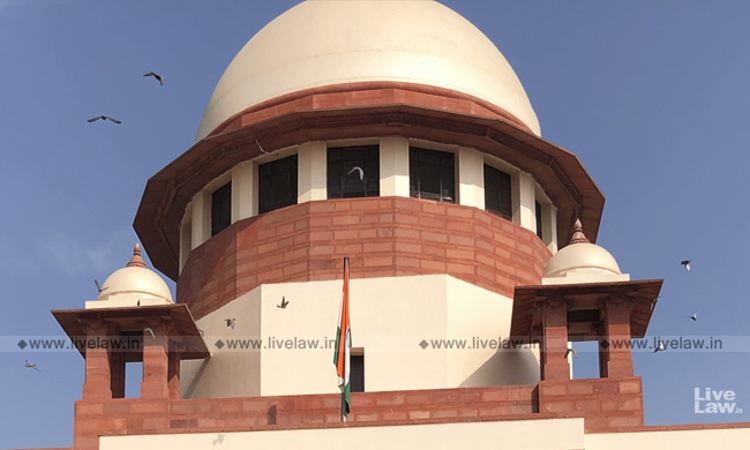"Criminal Cases Against Legislators Hanging On Heads Of People, Centre Must Take Final Call": SC
Sanya Talwar
6 Oct 2020 12:29 PM IST

Next Story
6 Oct 2020 12:29 PM IST
The Supreme Court on Tuesday asked the Centre to submit details regarding criminal cases pending against legislators across the country.Justice Ramana: "The matters which are pending and hanging on the head of the people, you must take a final call and give us. You keep saying we are willing and we want to expedite..."A bench headed by Justice NV Ramana noted that various High Courts had...
